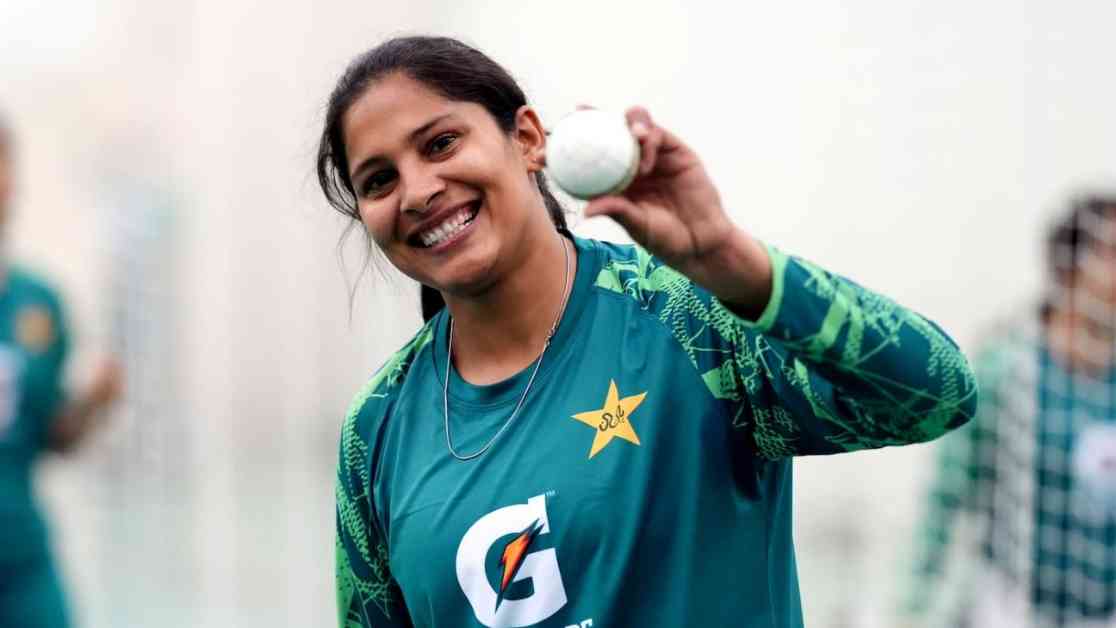Sadia Iqbal, the 29-year-old left-arm spinner from Pakistan, has been making waves in the T20 World Cup with her exceptional bowling skills. In a crucial match against India, she played a pivotal role by removing Smriti Mandhana early in the innings and creating pressure on the opposition. Her strategy of keeping it full and on the stumps to starve Mandhana of runs paid off, leading to a string of dot balls and eventually a wicket.
Iqbal’s success can be attributed to her dedication to her role in the team. She acknowledges the importance of her spells and focuses on executing her bowling plans effectively. Having taken the new ball in T20Is for the past two years, she has emerged as a key player for Pakistan. With 28 wickets in 17 matches in 2024, she is the leading wicket-taker in the World Cup and holds the record for the most wickets by a Pakistan player in a calendar year. Her rise in the ICC bowling rankings reflects her impact on the team.
Learning from the experiences of former player Sana Mir, who was the top ODI bowler in 2018-19, Iqbal has honed her skills and adapted to different conditions. She emphasizes the importance of situational bowling, where she assesses the batters’ actions and adjusts her deliveries accordingly. This flexibility was evident in matches against Sri Lanka and India, where she varied her lengths and lines to outsmart the opposition.
Iqbal’s journey from a multi-sport athlete to a successful cricketer showcases her determination and passion for the game. Despite starting cricket at the age of 22, she has quickly risen through the ranks and established herself as a valuable asset for Pakistan. Her proactive approach on the field aligns with the team’s aggressive mindset, leading to a more competitive performance in international tournaments.
As Pakistan continues to evolve its cricketing strategies, players like Sadia Iqbal serve as inspiration for the next generation of cricketers. With her consistent performances and unwavering commitment, she is poised to contribute significantly to Pakistan’s success in the future.


















